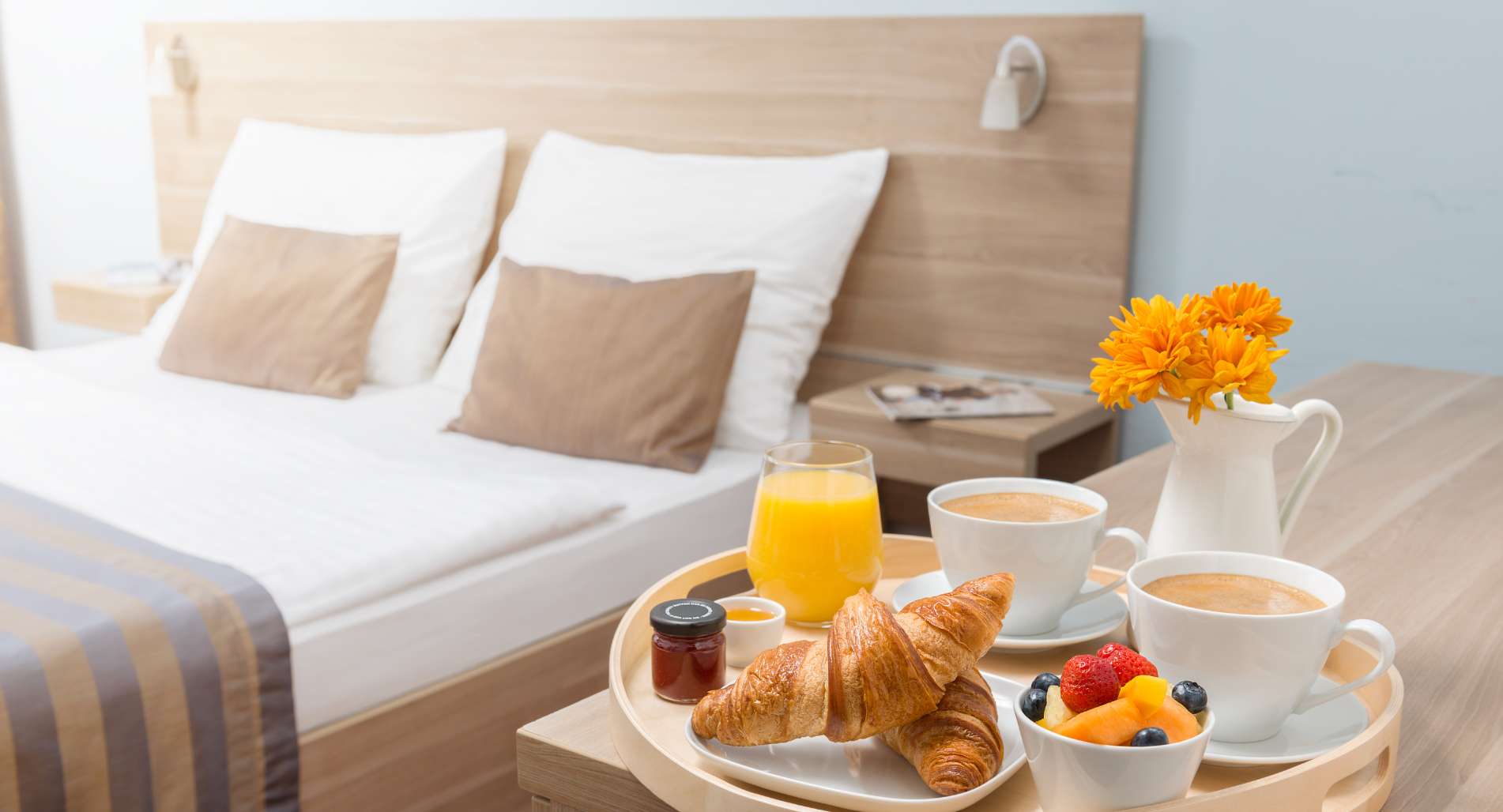It’s no mystery that one of the biggest challenges facing the hospitality industry today is the lack of good data regarding guest satisfaction and willingness to return. In an industry where satisfaction is easily the most important metric, this lack of visibility is something which hinders the growth of brands and the creation of personalized experience which ultimately cause people to return again and again.
Those who design and operate web and mobile apps have it really easy — they can test thousands of different versions of their product and collect billions of data points — data points which are instrumental in figuring out exactly how users are interacting with their product and precisely understanding what they like and don’t like. This data can easily be used to make product decisions and changes which have incredible impact.
Hospitality doesn’t have this level of transparency — most hoteliers are left guessing as feedback is generally vague, and the only really specific feedback which they receive is highly negative and reflects a very small percentage of the experiences and visits which occur. In the locations in which we’ve piloted Yada, we’ve found that guests, if they actively use the platform, cough up lots of feedback, and it’s usually specific to things within the room or the overall experience.
As a voice-first platform, guests and visitors are have no trouble learning how to use it — as long as they can carry a conversation with one of their friends, they can use Yada. As such, they are very comfortable and motivated to leave comments — comments which generally touch upon a specific issue or pain point. Very rarely do we get vague feedback. Some examples include:
“Coffee is a really important part of my morning. When I stay here, it’s usually for work trips, and being able to have a really good cup at the hotel breakfast would be amazing. Usually I end up having to go to Starbucks after I eat here, but I’d be much happier if I didn’t need to!
“The sliding door seems to be having some problems! It was getting really drafty here at night and I had to crank the heat all the way up to compensate!”
“We spent a lot of time trying to find somewhere to eat last night and we wished you guys had a list of recommended places so we wouldn’t have to search.”
These types of tidbits are incredibly useful for hotels as many of these changes are actually quite inexpensive to make but have a large impact on the overall guest satisfaction — swapping out mediocre coffee for a better variety costs less than $25 a day for a hotel with 60 rooms, but the fact that guests are now far more satisfied by the morning routine becomes a strong factor when they decide to stay there again.
While it’s still too early to tell what the full impact of this type of data is going to be, we are confident in say that as of now, the ease with which guests can leave feedback, and the generally actionable nature of it is a good way for hoteliers and hosts to make impactful changes. We have also been seeing a direct correlation between the use of our in-room AI and the frequency with which guests will leave a review on a platform like TripAdvisor.
We’re excited to keep pushing Yada further and further and making hospitality more efficient, data driven, and personalized!



